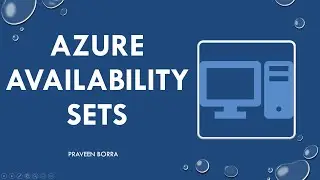Overview of Data Brokering with Node.js
See the written version of this tutorial, links to prerequisites, and related tutorials: https://heynode.com/tutorial/what-dat...
Node.js is a top tool for processing large amounts of data. With Node, you can share data between services without tightly coupling applications together or rewriting them. For example, wanting to use data from a legacy API in a modern frontend application. Data brokering saves us from having to rewrite the underlying systems or make them directly aware of each other. Processing data with Node.js is done in many ways including:
A thin proxy API (back end for front end - BFF)
An Extract, Transform, Load (ETL) pipeline
Message queues
These processes sit between the different systems we need to connect and enable us to take data from one system and use it in another. In this Node online tutorial series, we'll expand on these concepts and teach how to build examples of each of these data brokering processes using Node.js.
In this tutorial, we'll:
Define data brokering
Identify different techniques for brokering data
Identify the problems that data brokering solves
Heynode.com: The best online Node.js courses and tutorials to help you solve hard problems fast. Individual and group membership plans available.







